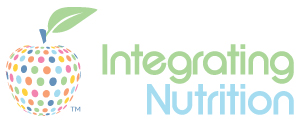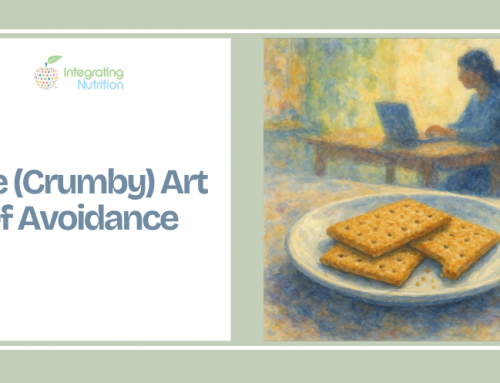MY REJECTION OF DIET CULTURE
In 2022, impressionable kids base their wrong-headed sense of self-worth on posts found on instagram and tiktok. For girls coming of age in the 1980s, however, many of us learned how we were supposed to look from teen magazines.
THE ADVERSITY OF DIET CULTURE
So it was through teen magazines that I first bought into what is now known as “diet culture.” I learned all about minimizing calories and what foods I needed to avoid to look good in a bikini. My desire to adhere to these standards overshadowed most other things in my life. Only years later would it occur to me that one of the most heinous aspects of diet culture is that it puts girls—and women—in unhealthy competition with each other. Diet culture encourages us to make harsh self-judgements upon ourselves and it encourages the projection of these same judgements upon others in the form of body-shaming. It triggers jealousy and resentment. It sets the stage for women to be their own emotional abusers. Most of the girls of my generation didn’t question this mindset. My high school years were a blur of comparisons, perfectionism and disappointments, fad diets; weight lost, and weight regained.
I WENT TO COLLEGE TO BECOME A REGISTERED DIETITIAN
My hope was that as I learned to help others fix their bodies I could learn to help myself. (After all, the best way to learn something for ourselves is to use that knowledge to guide others.) Our culture seemed to be saying, “the approach to loving your own body is to change it into something everyone will envy.” I was never comfortable with that idea, but I did want to help the people who came to my office looking to me to “fix” their bodies. And I worked with them utilizing the conventional techniques I had been taught, which tended toward restrictive dieting. But the frustrating truth was that diets rarely worked long-term. I could get my clients to take weight off but most could not keep it off.
A WAKE-UP CALL
Then one day, a woman brought her daughter in for a consultation. She had forced a series of diets onto her daughter to no success. She grabbed a handful of her daughter’s overweight belly and screamed “Look at this! This is why we’re here!” The girl sobbed uncontrollably as her mother continued, “She hides food… and I can’t watch her 24 hours a day!” I had never been so moved by a client while also feeling so powerless. The girl’s problem, it was clear to me, was not about her diet but about something else, something deeper: her relationship with food. Merely telling her to restrict cookies and eat more salad would accomplish nothing.
AN IMPROVED POINT-OF-VIEW
And so began my journey to explore healing options beyond restrictive diets. I went back to school to earn advanced degrees where I learned the value of empowerment and permission to honor the body’s needs. I came to realize that there are no bad foods; there are just different types of foods that our bodies have disparate levels of need for, based on nutrition content. I realized that our anxieties and reaction strategies to the world around us are wired to our emotions, and that these emotions can trigger impulses to eat to soothe and comfort. It became clear to me that many of our eating struggles often have more to do with our emotion-triggers than poor diet choices. It also became clear to me that the relationship we have with food and eating is a reflection of the relationships we have with the other elements in our lives. I began to understand the power of switching my perspective from “I should follow good eating strategies” to a confident “I CHOOSE TO follow good eating strategies!”
THERE IS NO SUCH THING AS A PERFECT RELATIONSHIP
No one has a perfect relationship with food, or with their body. We all have some moments of doubt and insecurities. But we can learn to have the psychological and strategic tools to navigate through whatever shows up. Tools like mindfulness, listening to your body, using flexible thinking, letting go of perfection, and honoring the importance of preparation.
As I had hoped for years earlier, learning how to guide others toward healthy relationships with food indeed resulted in me acquiring a healthy relationship with my own. I am so grateful to have the opportunity to share what I have learned (since my days as an insecure high school kid) and do what I can to help heal others. And the first step toward that goal is the total rejection of the multi-billion dollar diet culture industry.





